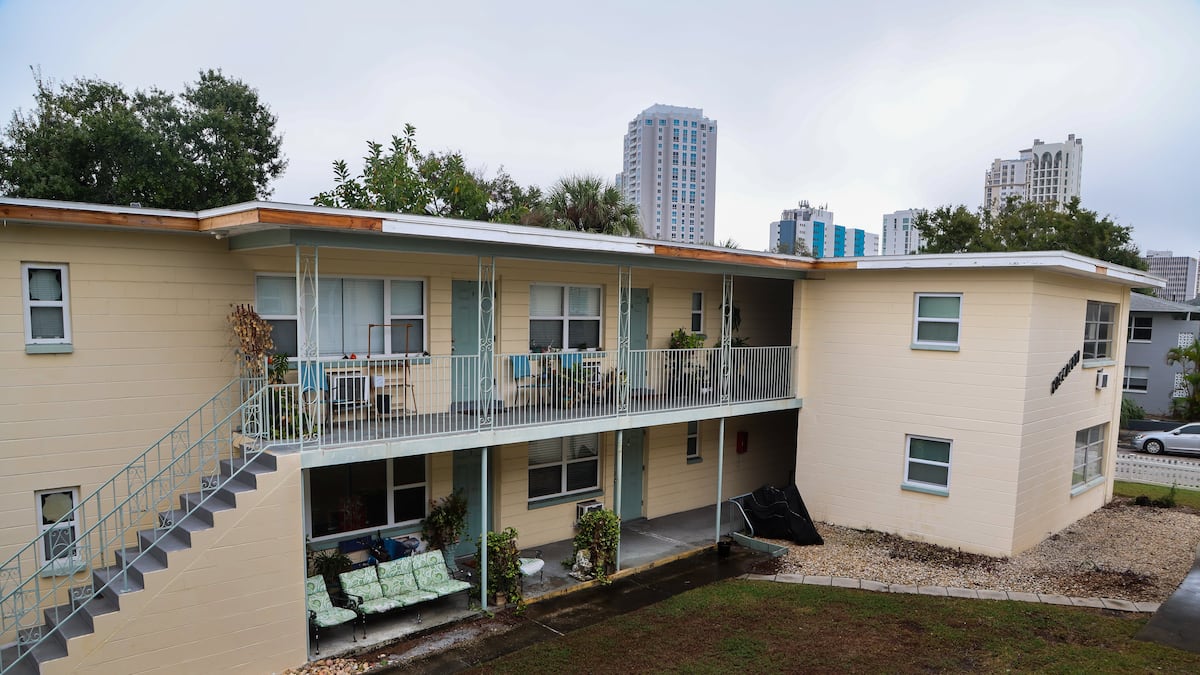T
ax-filing season can be a source of stress, but those who have worked smartly instead of hard may find tax breaks waiting for them. For instance, house-hacking, a real estate strategy that involves renting out part of your home to help pay the mortgage or generate passive income, can lead to lucrative tax benefits.
House hacking allows homeowners to take advantage of deductions typically reserved for rental properties. This hybrid approach to homeownership brings unique tax implications that differ from traditional homeownership and real estate investing. Tax experts note that house hackers can deduct mortgage interest on up to $750,000 of mortgage debt, as well as property taxes up to $10,000.
Other deductions available to house hackers include depreciation of the rental portion of their home over 27.5 years, repairs and maintenance expenses, utilities and services, and a home office deduction if they use part of the home for business purposes. When selling a hacked property, owners may qualify for the Section 121 exclusion, which allows them to exclude up to $250,000 or $500,000 of capital gain from their income.
House hacking differs from house flipping in that it's a long-term strategy that generates equity while covering costs, but requires ongoing tenant management and potential landlord responsibilities. While house flipping may yield faster returns, it comes with higher risks, market volatility, and short-term tax burdens.














